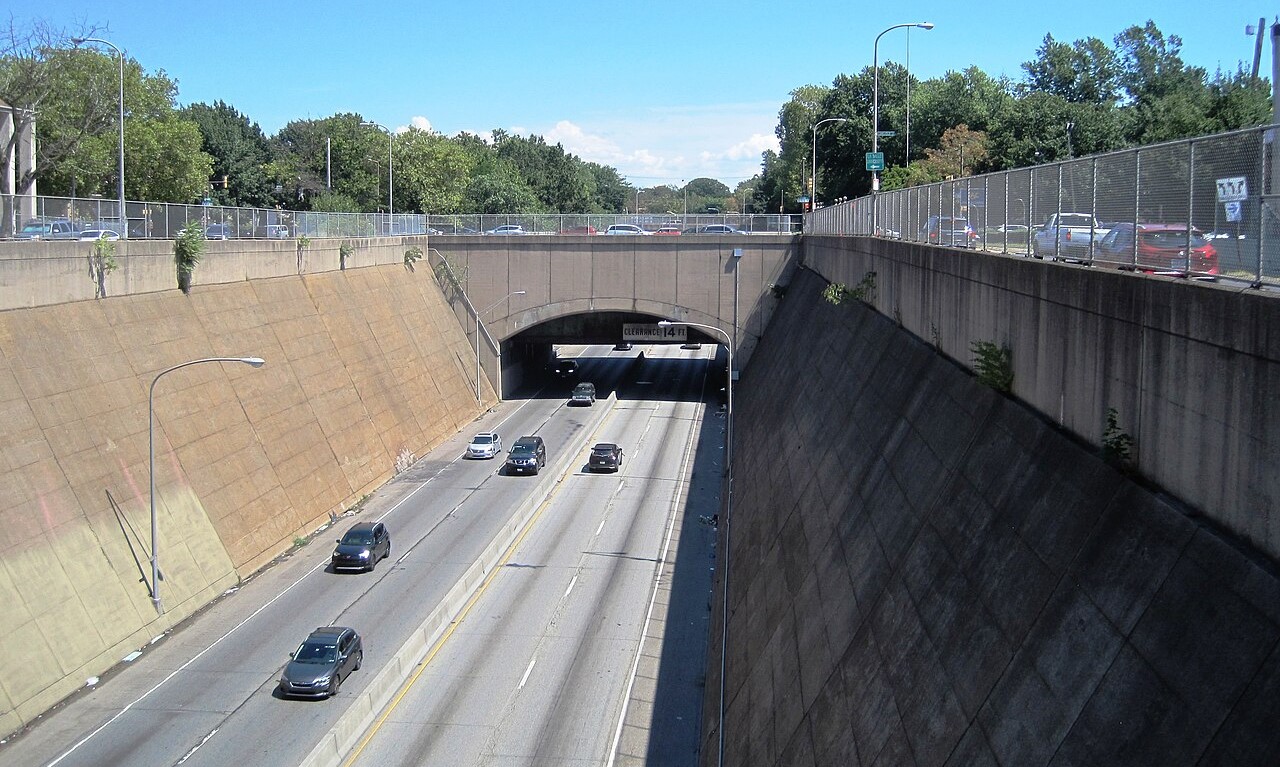- Cities all over the country are filled with dangerous "legacy highways" built purely to move cars that state DOTs refuse to fix — or even let the cities themselves fix. (Vox)
- Rural states are using federal infrastructure dollars to fund projects that will result in fewer long-term carbon emissions than their urban counterparts, because those rural states are focused on maintenance over building new lanes. (CityLab)
- Increasing transit has a much larger effect on miles driven than simply taking drivers off the road, influencing land use and travel patterns in ways that are harder to measure. (State Smart Transportation Initiative)
- President-elect Trump wants to kill the $7,500 federal rebate for electric vehicles (New York Times), which Forbes agrees would hurt U.S. automakers by, as sitting Energy Secretary Jennifer Granholm said, ceding ground to China (Reuters).
- GM subsidiary Cruise has been fined $500,000 for withholding information about a 2023 crash involving one of its robotaxis. (Washington Post)
- Teslas are involved in more fatal crashes per mile than any other brand, according to an analysis of federal crash data. That likely has to do with inattentive or impaired drivers overly relying on its automated features. (Jalopnik)
- Streetsblog NYC has a roundup of all the takes on New York Gov. Kathy Hochul resurrecting congestion pricing at the low, low rate of $9 (which, predictably, is still making both transit advocates and suburban drivers mad).
- Without additional funding, Chicago transit agency Metra forecasts a 40 percent service cut in 2027, after federal COVID funds run out. (CBS News)
- Massachusetts has been awarded $1.2 billion for transit projects under the bipartisan infrastructure law, but now that Donald Trump is returning to office, officials wonder if they'll ever actually receive that money (WBUR). Meanwhile, Boston's MBTA awaits a report on potential long-term sources of operating funds (Smart Cities Dive).
- Newly elected San Francisco Mayor Daniel Lurie is now responsible for tackling the funding crisis at transit agency Muni. (The Frisc)
- To settle a lawsuit, Baltimore has promised to spend $44 million on ADA-accessible sidewalks and wheelchair ramps. (Brew)
- Cincinnati has a problem with groups of teenagers getting out of school causing disruptions at transit stations. (WCPO)
- The Doug Ford administration claims that only 1.2 percent of Ontario residents bike to work, but the percentage of cyclists on Toronto roads is much higher where they have protected bike lanes. (CBC)
- Toronto officials peg the cost of removing bike lanes at $48 million, not including the $27 million already invested in building them in the first place. (Momentum)
- Thailand is looking at congestion pricing to reduce traffic and emissions in Bangkok. (The Straits Times)
Today's Headlines
Monday’s Headlines Ponder Our Legacy
Mike Tyson may not believe in legacies, but state DOTs do. They've left their legacies in the form of all-but-uncrossable 12-lane stroads scarring cities.

Writing for Vox, David Zipper cited Philadelphia’s Roosevelt Boulevard as an example of a “legacy highway” state DOTs can’t or won’t fix.
|Mr. MatteStay in touch
Sign up for our free newsletter
More from Streetsblog USA
Americans Demand Congress Fund Active Transportation In Next Infrastructure Bill — And Not Just The Bike/Walk Advocates
A "back to basics" surface transportation bill — as Republicans are seeking — would be devastating for road safety and small businesses.
Friday’s Headlines Take a Lot to Laugh, Take a Train to Cry
I ride on a mail train, baby. Can't buy a thrill.
Talking Headways Podcast: The Future of Transit
Yonah Freemark talks with Jeff Wood about the state of the trains across the world.
Are Roundabouts Just For Rich People?
And if not, how do we get more of them in the low-income neighborhoods that need life-saving infrastructure the most?
Thursday’s Headlines Need Alternatives
Economics 101: Competition brings down costs.
How Recreational Cycling Can Lead to Safe Streets For All
These cities are leveraging joy to fight for connected communities.





